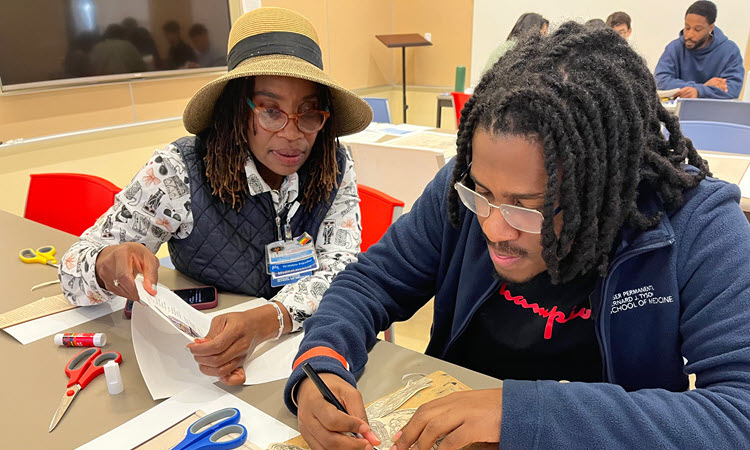A recent study sheds light on the complex interplay of comorbidity burden, socioeconomic status (SES), and race and ethnicity in cancer survival outcomes. Analyzing data from newly diagnosed cancer patients between 2010 and 2018, the study identified a higher mortality risk associated with decreasing SES.
Robert M. Cooper, MD, Kaiser Permanente Bernard J. Tyson of Medicine (KPSOM) Clinical Assistant Professor of Clinical Science, Chun Chao, PhD, MS, Professor of Health Systems Science, and Reina Haque, PhD, MPH, Professor of Health Systems Science, have coauthored the article, “Influence of Comorbidity Burden, Socioeconomic Status, and Race and Ethnicity on Survival Disparities in Patients with Cancer,” published in Cancer Control: Journal of the Moffitt Cancer Center.
The study, linking cancer registry data with electronic health records, revealed that patients in lower SES groups faced progressively elevated mortality risks. Compared to those in the highest SES groups, patients in the lowest group had a 25 percent higher risk, while risks for the second lowest, middle, and second highest groups were 21 percent, 18 percent, and 11 percent, respectively. After adjusting for comorbidity burden, the SES-mortality trend persisted. Patients with higher comorbidity burdens also exhibited increased mortality risks.



